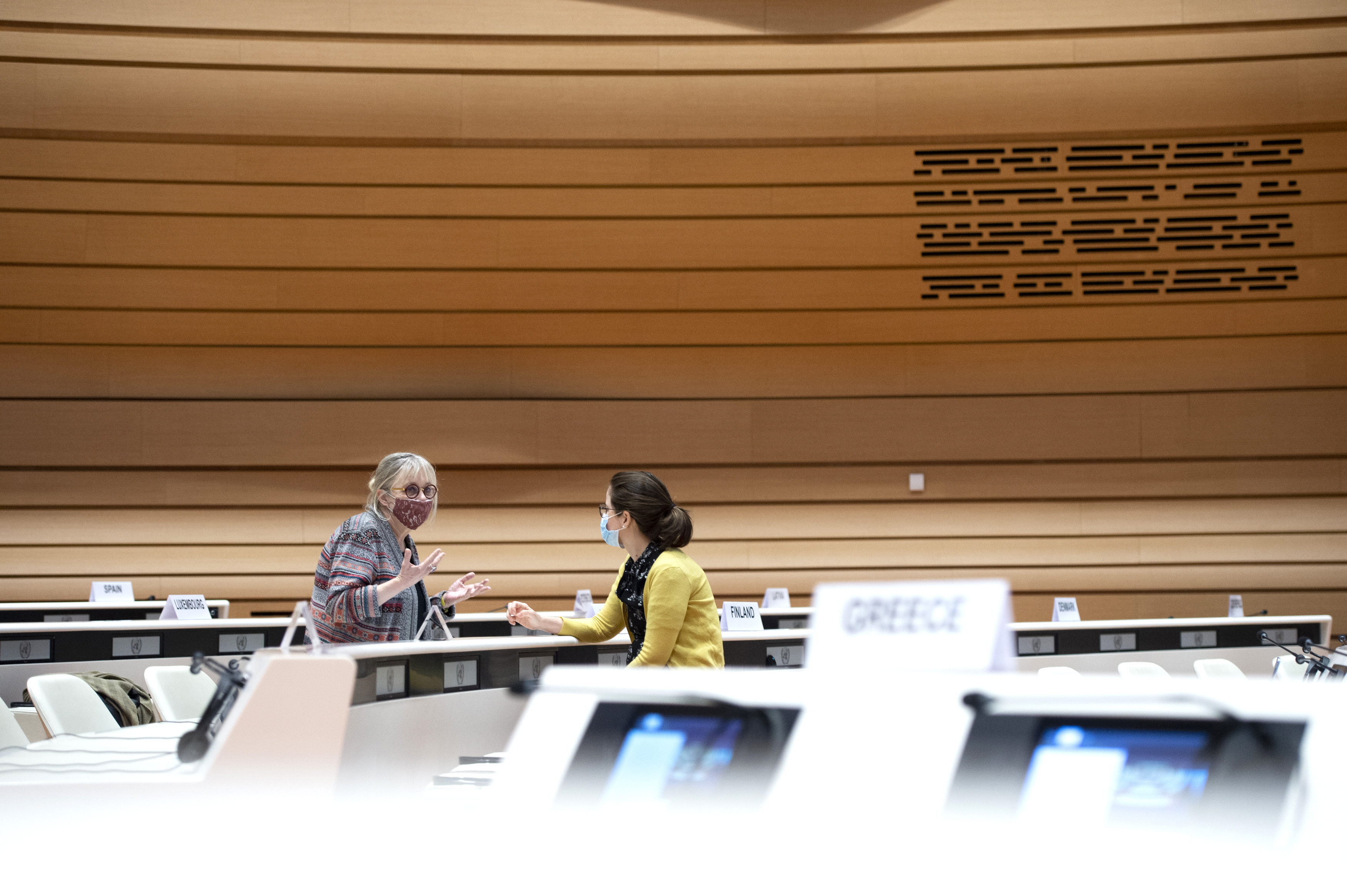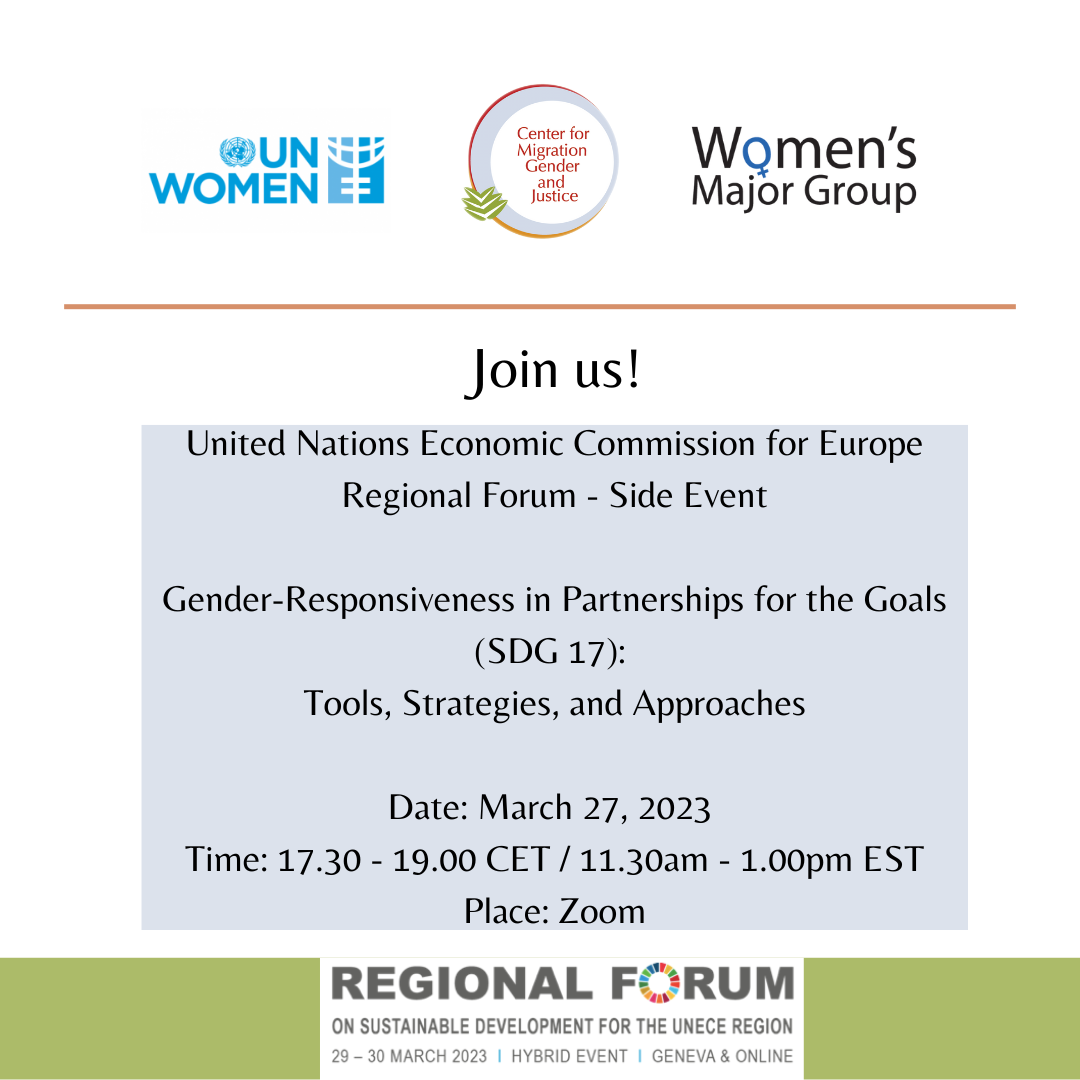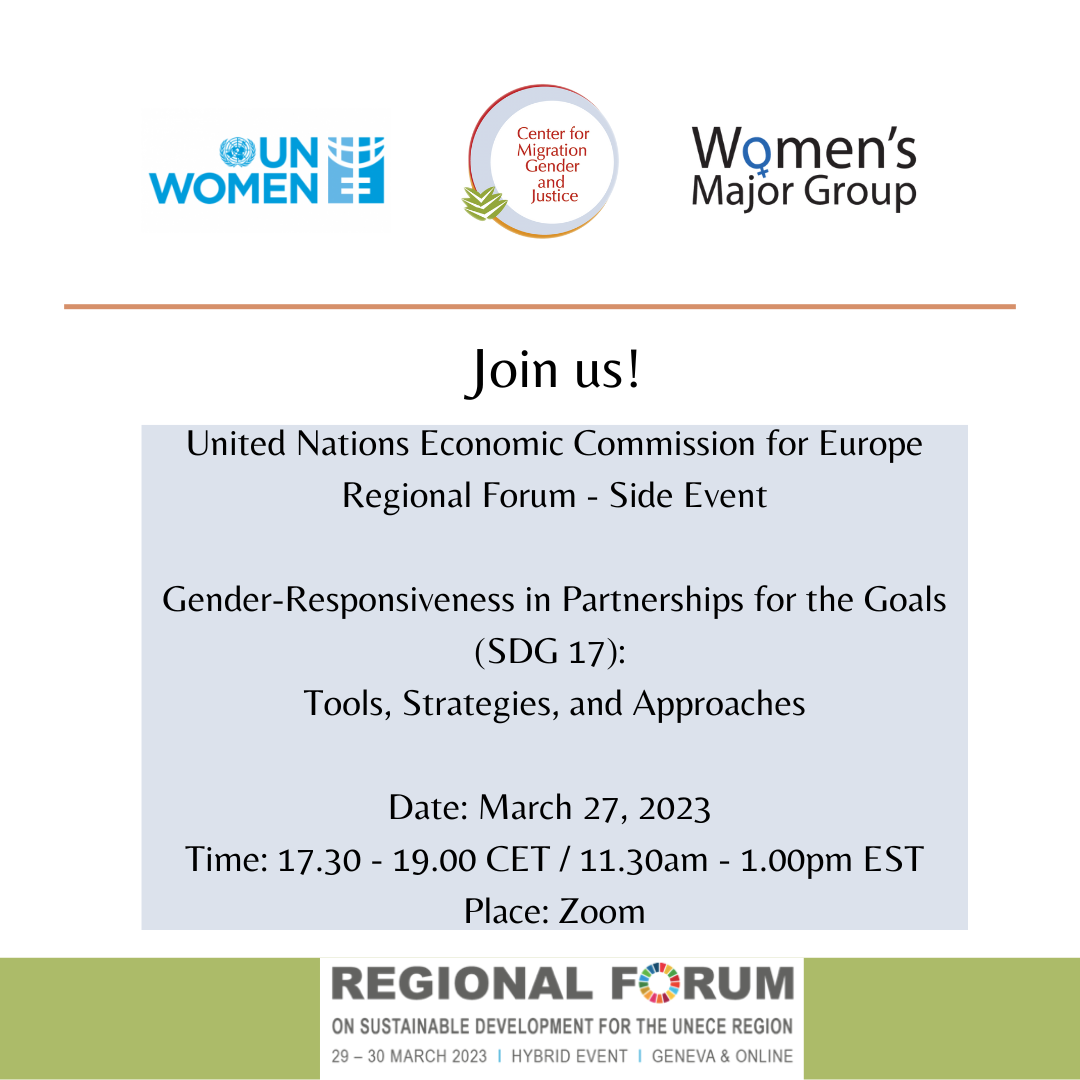Background
The distance to equal is long. And the time is short. We are not on track to achieve gender equality by 2030. These findings from UN Women’s SDG5 tracker highlight that with only seven years left remaining to achieve gender equality, moderate progress is deeply insufficient.
SDG 17, Partnerships for the Goals, prompts us to strengthen the means of implementation and revitalize global partnerships for sustainable development. This includes enhancing policy coherence (Target 17.E), encouraging and promoting effective multi-stakeholder engagement (Target 17.H), increasing the availability of quality data (Target 17.I), as well as developing measurements of progress (Target 17.J).
A cross-cutting theme amongst these varied targets is gender-responsiveness. This is of particular concern to the UNECE region, where alarms have been raised about a backslide on gender equality. According to the Gender Equality Index by the European Institute for Gender Equality, it will take more than 60 years to achieve gender equality in the EU at the current progress rate.
This event, organized as a training/learning session, drew insights from the expertise of a range of stakeholders to share tools, strategies, and approaches with regards to gender-responsiveness in partnerships for the goals. The session focused on the status of implementation of 2030 Agenda in times of multiple crises by outlining available gender data, identifying critical data gaps, exploring new approaches in data production and progress measurement, as well as by presenting strategies to advocate for change and create partnerships.
Center for Migration, Gender, and Justice; UN Women, Women’s Major Group, European Institute for Gender Equality (TBC)




